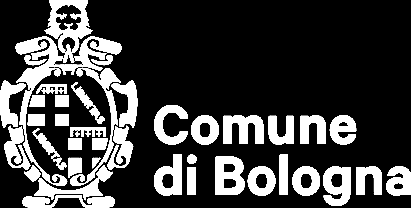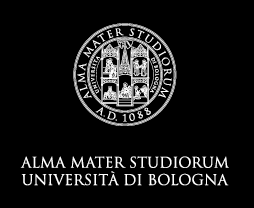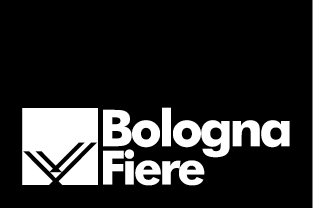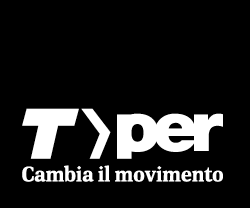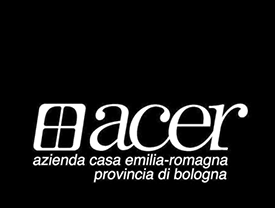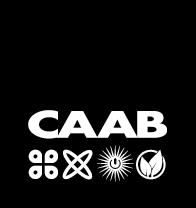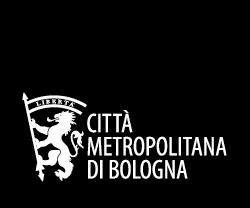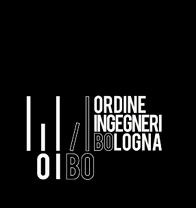Uncategorised
Luoghi del commercio, pratiche del consumo e spazi della città contemporanea
- 18.03.2021 Evento online
Giovedì 18 marzo 2021 dalle 10 alle 18.30 è in programma il convegno Luoghi del commercio, pratiche del consumo e spazi della città contemporanea che si terrà online sulla piattaforma Zoom.
R-innovare la città: online la pubblicazione dei Dialoghi pubblici dell’Osservatorio sull’emergenza Coronavirus
- data evento: 2021-02-22
Da oggi è disponibile la pubblicazione multimediale bilingue dei Dialoghi pubblici R-innovare la città: oltre 400 pagine con le trascrizioni di 14 appuntamenti di confronto e riflessione con studiosi ed esperti di fama internazionale tra cui Fabrizio Barca, Judith Butler, Carlo Ratti, Wang Hui, Achille Mbembe.
Collettive - Progetto Diametro. La musica attraverso
Il progetto punta a rinsaldare il settore musicale partendo da una delle sue componenti più fragili - il musicista emergente - nella relazione con l’altra componente identificata come fondamentale: il pubblico dello spettacolo dal vivo, inteso non solo come fruitore ma come interlocutore attivo, sostenitore e beneficiario della proposta culturale e artistica cittadina.
Bologna conta su una filiera cittadina che, a livello nazionale, rappresenta una delle scene più vive ed eterogenee in quanto a musica emergente. Questa vitalità è però spesso ostacolata dalla precarietà diffusa delle professioni legate al settore musicale ed è messa oggi a durissima prova dalle restrizioni sanitarie.
Attraverso una call vorremmo selezionare musicisti giovani ed emergenti da supportare con percorsi formativi nei singoli segmenti di filiera in vista anche di produzioni musicali.
Il diametro del progetto è tracciato nel contesto del Centro Culturale, inteso sia come presidio territoriale di arte che come luogo di lavoro in grado di fornire strumenti di facilitazione, percorsi di approfondimento, opportunità di cooperazione e output concreti di sperimentazione per le pratiche collaborative messe in atto.
LUOGO: San Donato - San Vitale
PROPONENTE: Senzaspine APS
RETE: Ar.Co Wood Workshop; Associazione Gentle Freak Bros; Locomotiv APS; Associazione QuantoBasta APS; Associazione Zoopalco; Kilowatt Soc. Coop, Panico Concerto.
Verso le Assemblee deliberative per il clima: le Commissioni comunali conoscitive
- data evento: 2021-02-03
Il 13 e il 20 gennaio 2021 e il 3 febbraio 2021 dalle 11 alle 13 si svolgono delle sedute conoscitive congiunte delle Commissioni Affari generali ed istituzionali e Territorio e ambiente del Consiglio comunale di Bologna per approfondire il tema delle Assemblee deliberative per il clima, a cui intervengono alcuni esperti internazionali.


